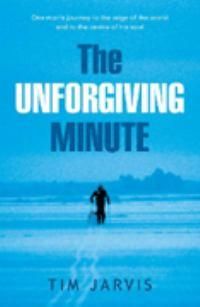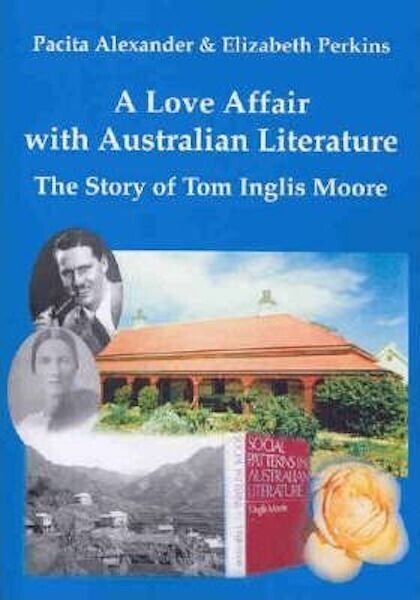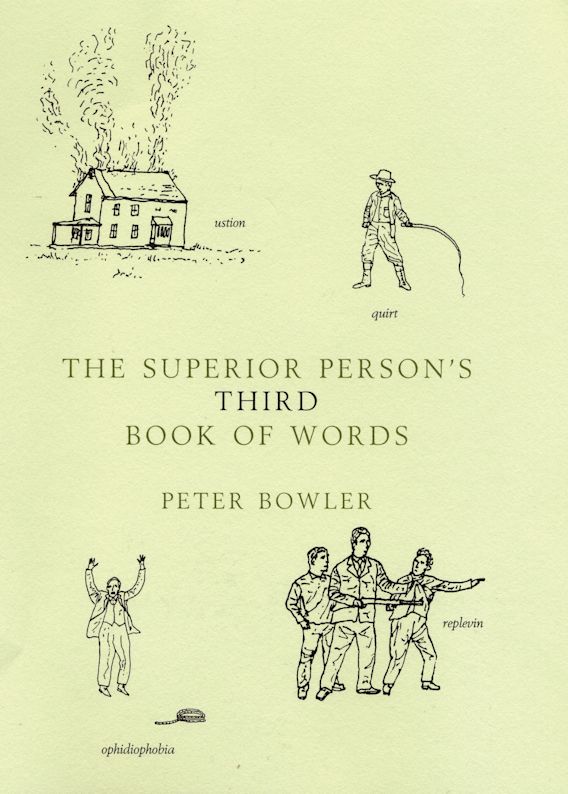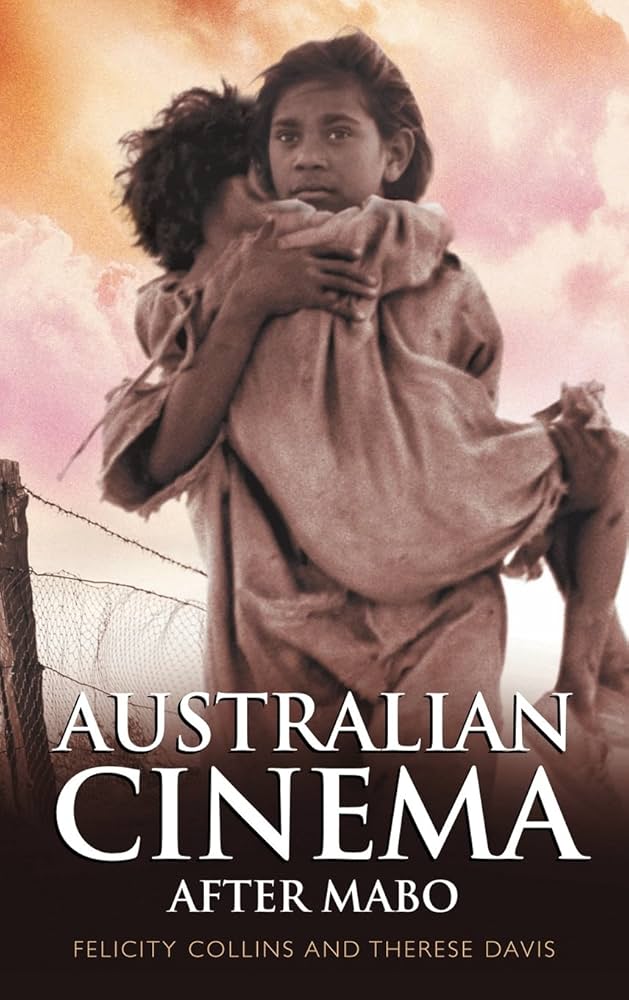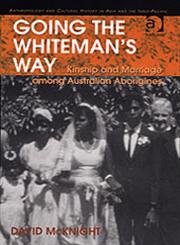Archive
Film | Theatre | Art | Opera | Music | Television | Festivals
Welcome to ABR Arts, home to some of Australia's best arts journalism. We review film, theatre, opera, music, television, art exhibitions – and more. To read ABR Arts articles in full, subscribe to ABR or take out an ABR Arts subscription. Both packages give full access to our arts reviews the moment they are published online and to our extensive arts archive.
Meanwhile, the ABR Arts e-newsletter, published every second Tuesday, will keep you up-to-date as to our recent arts reviews.
Recent reviews
A Love Affair with Australian Literature: The story of Tom Inglis Moore by Pacita Alexander and Elizabeth Perkins
We had agreed to meet at the Frick Collection. My train from New Haven was late, but there they were – Chris Wallace-Crabbe and Father Peter Steele SJ – waiting at the trim and modest entrance of one of New York’s noblest institutions. I had looked forward to a day of gallery-hopping with two poets and old friends, both with an appetite and an aptitude for the visual arts. What would their take be like on a pleasantly random group of shows?
... (read more)A fevered imagination
Dear Editor, in his review (ABR, December 2004–January 2005) of my recent book on the Israeli–Palestinian conflict, Herzl’s Nightmare: One Land, Two People, Colin Rubenstein comments that I write ‘well’. I’m intrigued by that observation as I find it near impossible to believe that he’s actually read the book. His judgements about it range from the fanciful to the preposterous.
... (read more)
